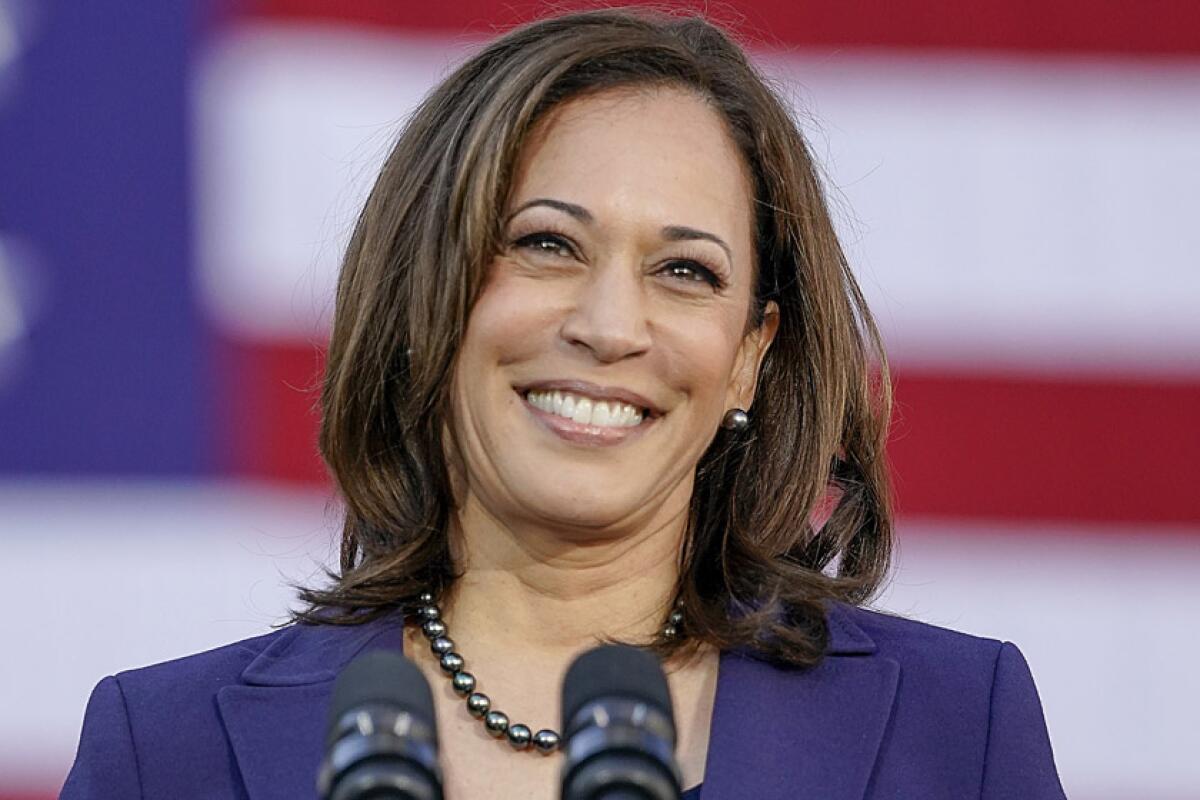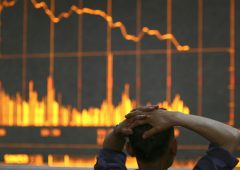Kamala Harris’s Policies Will Harm the Middle Class, According to Forbes Editor-in-Chief
26.07.2024 11:30 1 min. read Alexander Stefanov
Steve Forbes, a prominent American executive and publisher, has criticized Kamala Harris's policies, claiming they would adversely affect the middle class.
According to Forbes, Harris’s approach, including significant increases in government spending, could lead to financial strain on the middle class. He highlighted that initiatives such as Medicare for All and the Green New Deal could potentially add up to around $10 trillion in costs annually.
In a recent interview with Fox Business, Forbes expressed concerns about Harris’s policy proposals, including her plans to ban fracking, which he argues could lead to higher energy prices and economic downturns.
Forbes also warned that Harris’s proposed tax hikes and expanded government spending could exacerbate issues within the healthcare system, leading to longer wait times and reduced access to care.
Despite these criticisms, Kamala Harris remains steadfast in her commitment to strengthening the middle class. She has emphasized that her policies are designed to bolster this demographic, asserting that a strong middle class is essential for a robust America.
Additionally, some commentators have pointed to President Biden’s policies as detrimental to the middle class, while crypto advocates argue that pro-crypto policies could enhance financial inclusion, offering a counterpoint to the administration’s stance on digital currencies.
-
1
Billionaire Slams Meme Stock Hype and Sounds Alarm on U.S. Fiscal Health
15.06.2025 18:00 2 min. read -
2
Robert Kiyosaki Predicts 2025 “Super-Crash,” Urges Hoarding Gold, Silver, and Bitcoin
23.06.2025 13:31 2 min. read -
3
Billionaire Investor Sees Dollar Crash If Key Support Breaks
18.06.2025 15:00 1 min. read -
4
Nassim Taleb Says Global Trust Is Shifting from the Dollar to Gold
22.06.2025 17:00 1 min. read -
5
U.S. Recession May Already Be Locked In, Economist Warns
23.06.2025 12:00 1 min. read
Robert Kiyosaki Predicts When The Price of Silver Will Explode
Robert Kiyosaki, author of Rich Dad Poor Dad, has issued a bold prediction on silver, calling it the “best asymmetric buy” currently available.
U.S. PCE Inflation Rises for First Time Since February, Fed Rate Cut Likely Delayed
Fresh data on Personal Consumption Expenditures (PCE) — the Federal Reserve’s preferred inflation gauge — shows inflation ticked higher in May, potentially delaying the long-awaited Fed rate cut into September or later.
Trump Targets Powell as Fed Holds Rates: Who Could Replace Him?
Federal Reserve Chair Jerome Powell is once again under fire, this time facing renewed criticism from Donald Trump over the Fed’s decision to hold interest rates steady in June.
U.S. National Debt Surge Could Trigger a Major Crisis, Says Ray Dalio
Billionaire investor Ray Dalio has sounded the alarm over America’s soaring national debt, warning of a looming economic crisis if no action is taken.
-
1
Billionaire Slams Meme Stock Hype and Sounds Alarm on U.S. Fiscal Health
15.06.2025 18:00 2 min. read -
2
Robert Kiyosaki Predicts 2025 “Super-Crash,” Urges Hoarding Gold, Silver, and Bitcoin
23.06.2025 13:31 2 min. read -
3
Billionaire Investor Sees Dollar Crash If Key Support Breaks
18.06.2025 15:00 1 min. read -
4
Nassim Taleb Says Global Trust Is Shifting from the Dollar to Gold
22.06.2025 17:00 1 min. read -
5
U.S. Recession May Already Be Locked In, Economist Warns
23.06.2025 12:00 1 min. read


